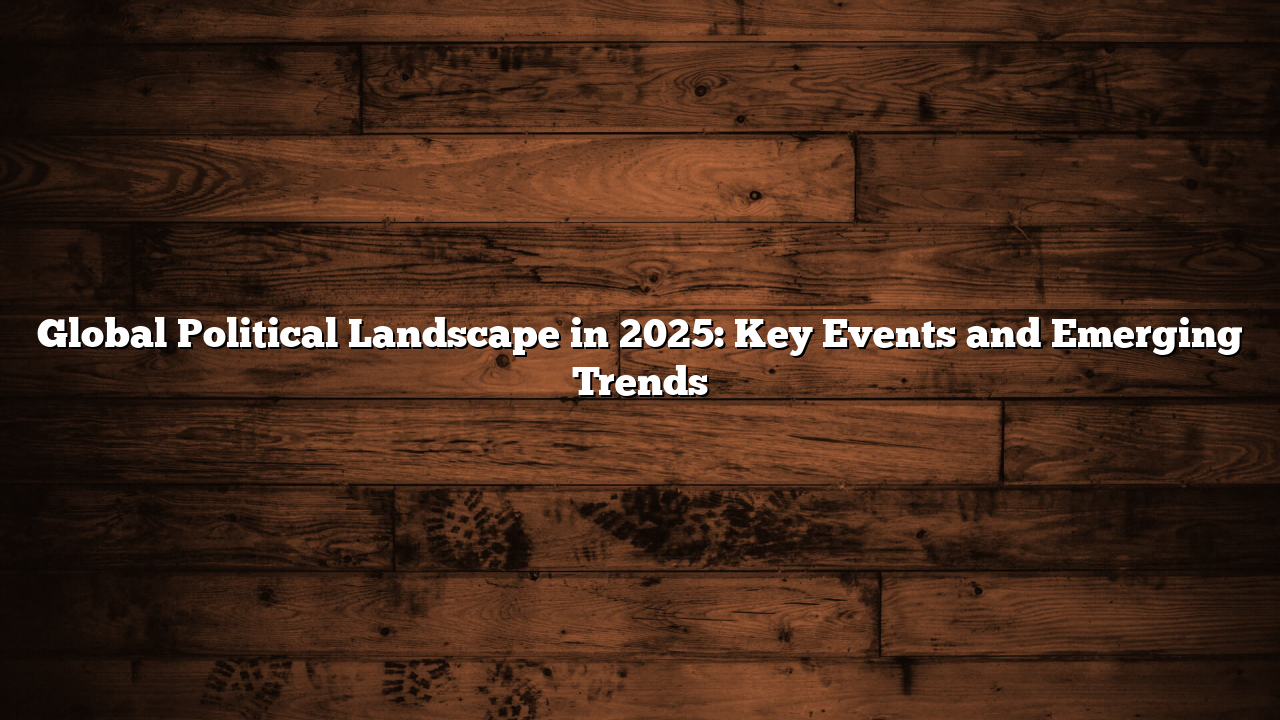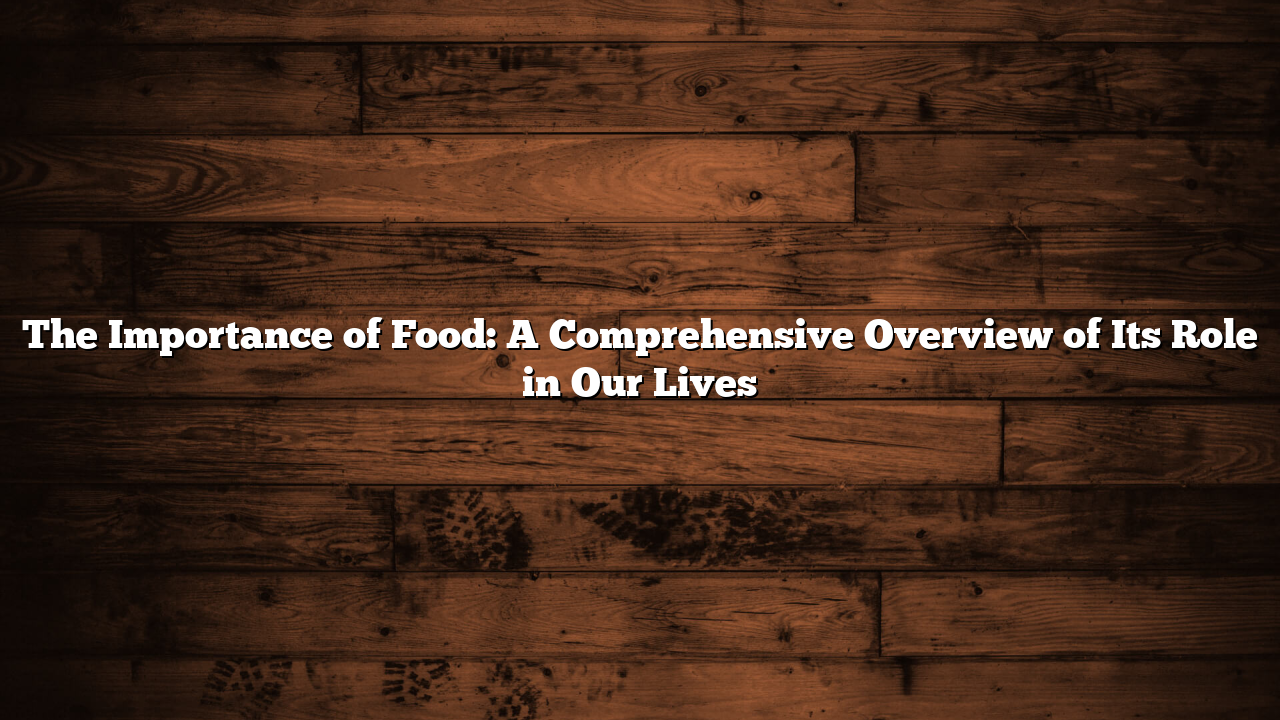As 2025 unfolds, the global political landscape continues to evolve, shaped by elections, international conflicts, economic challenges, and diplomatic shifts. World leaders are facing critical decisions that will impact global stability, trade, and security. This article examines the most pressing political developments of the year, highlighting the key trends that are influencing the future of governance and diplomacy.
U.S. Political Climate: The Road to the 2025 Elections
The United States is experiencing a politically charged year, with the upcoming 2025 elections dominating national discourse. The political divide between major parties remains strong, with key issues such as economic recovery, immigration, healthcare, and foreign policy taking center stage.
The Biden administration has focused on economic growth, climate policies, and international alliances, while opposition parties are pushing for tax reforms, stricter immigration policies, and a stronger national security strategy. Voter turnout is expected to play a crucial role in determining the election outcome, as Americans weigh their choices based on inflation concerns, job creation, and social policies.
Beyond domestic policies, the U.S. continues to assert its role on the global stage, maintaining strong alliances with NATO while balancing its complex relationship with China and Russia. The election results could significantly impact America’s foreign policy direction and global influence in the coming years.
European Politics: Nationalism and Economic Challenges
In Europe, several countries are witnessing political shifts, with rising nationalism and economic concerns dominating public debates. The European Union (EU) is facing internal divisions as some member states push for greater sovereignty while others advocate for stronger collective policies.
In France and Germany, political transitions are leading to policy changes, particularly in energy, defense, and digital regulations. Germany is strengthening its military alliances in response to growing tensions in Eastern Europe, while France is focusing on economic reforms to combat inflation.
Meanwhile, the UK is dealing with post-Brexit economic adjustments, negotiating trade agreements, and addressing domestic political instability. With elections scheduled in several European nations, the continent’s political future remains uncertain, with the potential for shifts in EU governance and diplomatic strategies.
China and the U.S.: A Complex Power Struggle
The ongoing rivalry between the United States and China continues to shape global politics. Economic competition, trade disputes, and military tensions in the Indo-Pacific region have heightened diplomatic challenges.
The U.S. has maintained strict trade policies against China, citing concerns over national security and economic fairness. At the same time, China is expanding its global influence through its Belt and Road Initiative, strengthening economic partnerships in Asia, Africa, and Latin America.
Taiwan remains a critical point of contention, with both Washington and Beijing increasing their military presence in the region. While diplomatic efforts continue, the geopolitical power struggle between these two nations is expected to remain a dominant theme in international relations.
The Middle East: Changing Alliances and Security Concerns
The Middle East remains a region of political complexity, with shifting alliances, ongoing conflicts, and economic transformations. Iran’s nuclear ambitions continue to be a major international concern, with ongoing negotiations between Tehran and Western powers.
Saudi Arabia and the United Arab Emirates (UAE) are investing in technology, energy, and tourism as they diversify their economies beyond oil. Meanwhile, Israel’s diplomatic efforts with its Arab neighbors have made progress, though tensions with Palestine remain unresolved.
In bengkulutoto as Syria and Yemen, international efforts to establish peace are ongoing, but challenges persist. The region’s political landscape is being shaped by its relationships with global superpowers, influencing energy markets and security policies worldwide.
Climate Policies and Global Cooperation
As climate change becomes an increasingly urgent issue, world leaders are facing pressure to implement policies that address carbon emissions, extreme weather, and environmental sustainability. International summits, including the United Nations Climate Conference, have brought nations together to discuss global climate commitments.
However, divisions remain, with some countries prioritizing economic growth over environmental reforms. Developing nations are calling for financial support from wealthier countries to transition to greener energy sources. Meanwhile, businesses are investing in renewable energy and sustainable practices, pushing governments to adopt long-term climate strategies.
Conclusion
The political landscape in 2025 is marked by shifting alliances, economic challenges, and diplomatic negotiations. From the U.S. elections to rising nationalism in Europe, the power struggle between the U.S. and China, and evolving Middle Eastern dynamics, global politics is undergoing significant transformation.
As leaders make crucial decisions on trade, security, and climate policies, their choices will shape the future of international relations. In a rapidly changing world, diplomacy, cooperation, and strategic policymaking will be essential for maintaining global stability and progress.
Global Political Landscape in 2025: Key Events and Emerging Trends











Leave a Reply